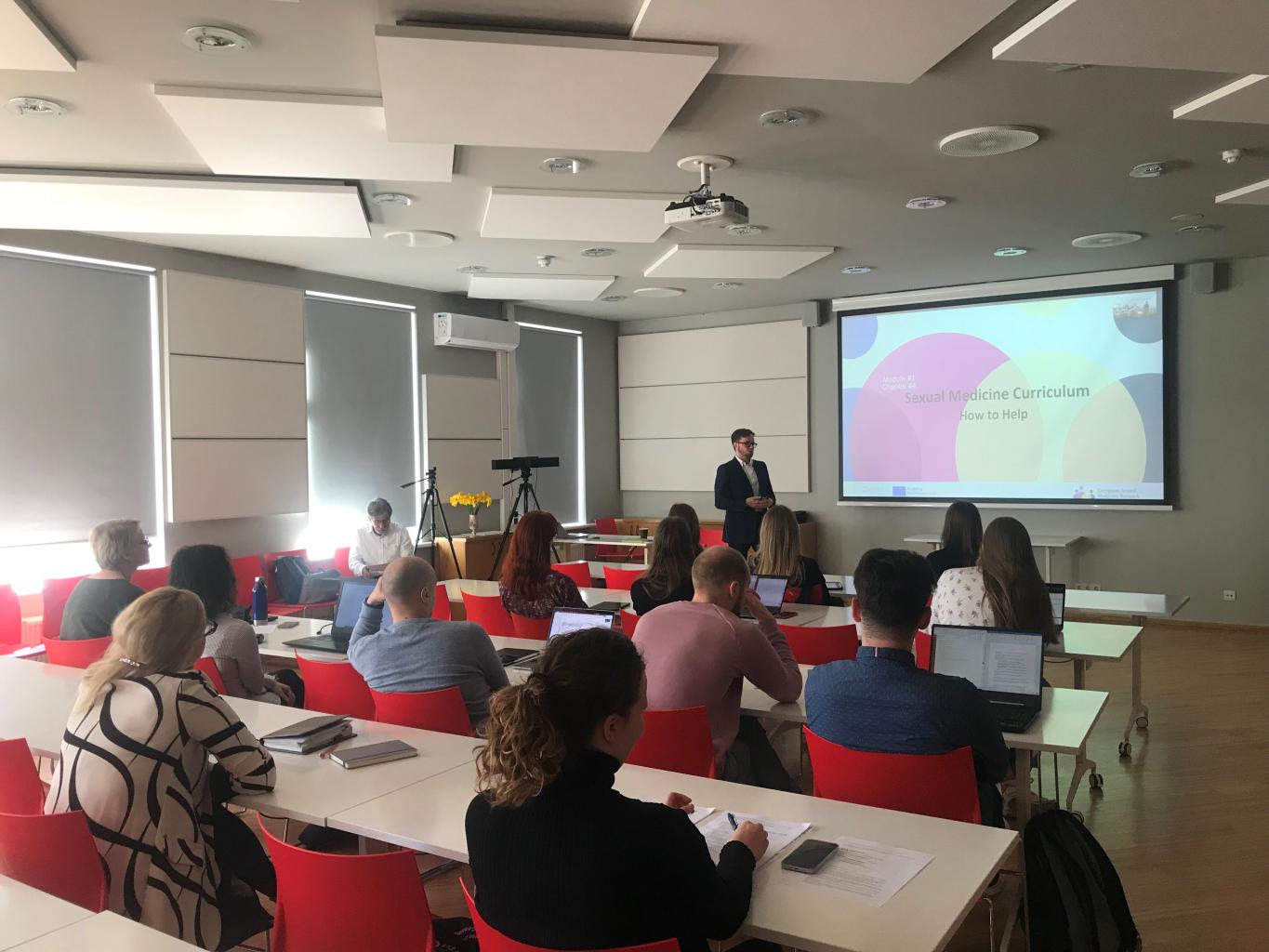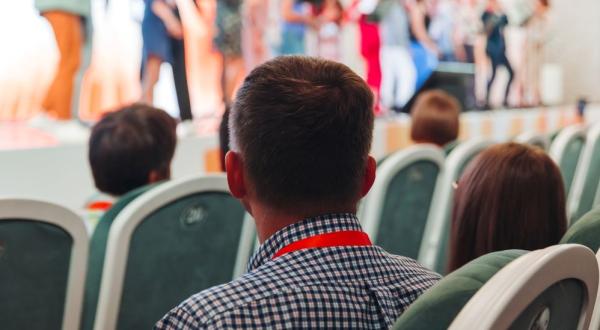RSU is the First University to Pilot Undergraduate Curriculum on Sexual Health
According to the working definition of the World Health Organization (WHO) sexual health (SH) is ‘…a state of physical, emotional, mental and social well-being in relation to sexuality; it is not merely the absence of disease, dysfunction or infirmity. Sexual health requires a positive and respectful approach to sexuality and sexual relationships, as well as the possibility of having pleasurable and safe sexual experiences, free of coercion, discrimination and violence. For sexual health to be attained and maintained, the sexual rights of all persons must be respected, protected and fulfilled.’ (WHO, 2006).
Several international policies confirm the importance of SH as an integrative part of health and well-being. More than ten academic units of the Rīga Stradiņš University (RSU) have included SH in their curriculum for undergraduate students. The implementation of this item is often influenced by different factors such as the interest of the teaching staff or students, teaching methodology, personal values related to sexuality, presenting materials, and many others.
The European Sexual Medicine Network (ESMN) is one of the European Cooperation in Science and Technology (COST) Actions – CA1824, which consists of representatives from 29 countries including Latvia. One of the main deliverables of the ESMN COST Action is to develop a model curriculum in Sexual Medicine for undergraduate university medical and psychological education in Europe. The new curriculum has been developed by a group of international experts under the leadership Prof. Johannes Bitzer (Switzerland). It covers three key areas: knowledge, skills, and attitudes.
After a fairly lengthy and intense period of preparation, the SH curriculum for undergraduate students of medicine and psychology was presented to senior students and teaching staff of the departments involved in the teaching of SH and sexual medicine at RSU on April 29-30 by the authors, including Prof. Bitzer.
Despite the sunny weather and the weekend, RSU students and academics as well as Dr. Kai Part from Tartu University were actively involved in discussions and feedbacks on each presented topic, receiving complements from the COST members. The feedback and suggestions of all participants will be summarised before further piloting of the curriculum in Italy and Portugal.
This event is an excellent trigger to coordinate and improve teaching of sexual health for undergraduate students at RSU.

Photo by: Gunta Lazdāne
Related news
 Experts from across Europe will participate in this year's Rare Disease ForumFor RSU Employees, Conferences, workshops, Research, For Students
Experts from across Europe will participate in this year's Rare Disease ForumFor RSU Employees, Conferences, workshops, Research, For Students


